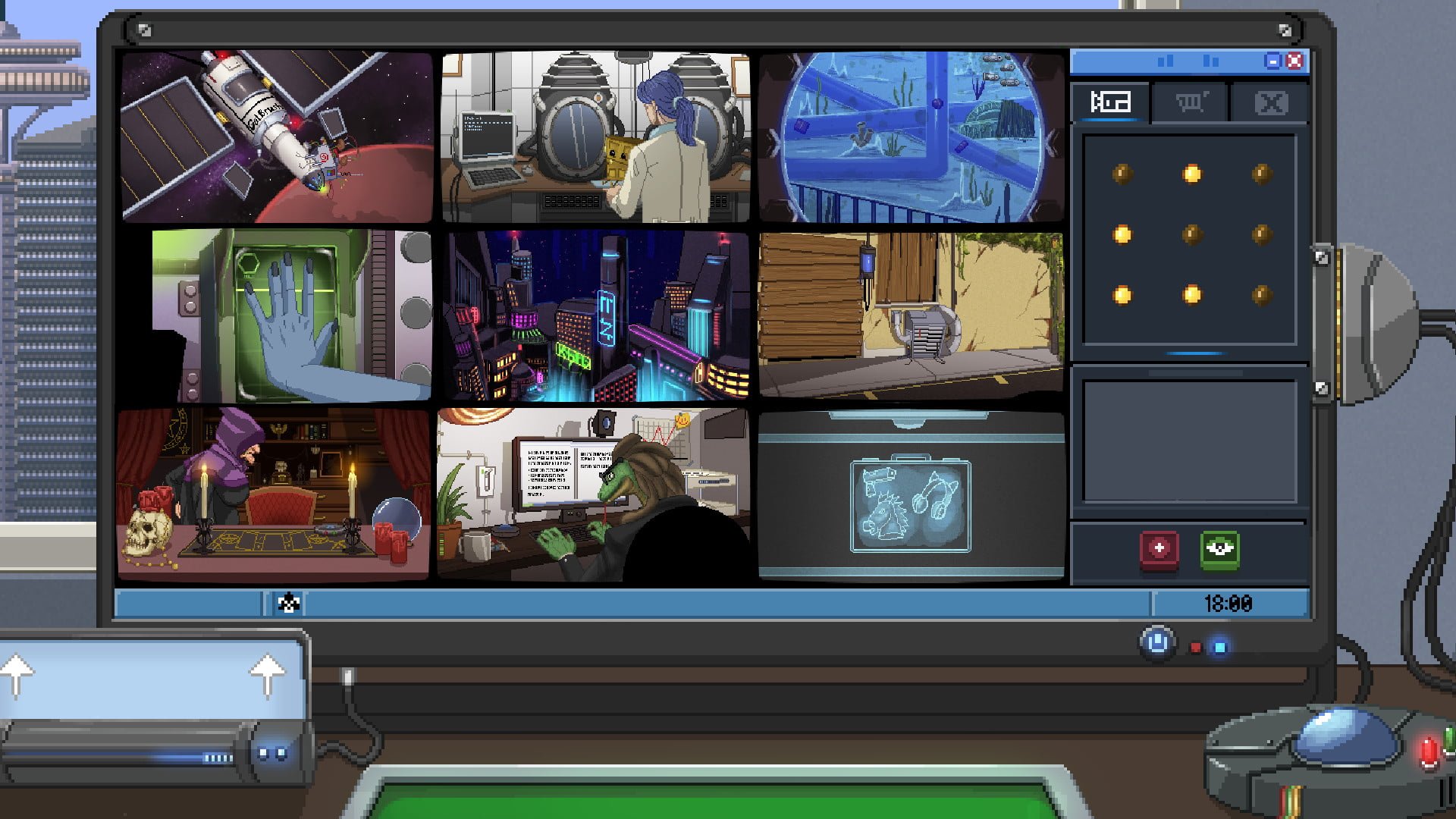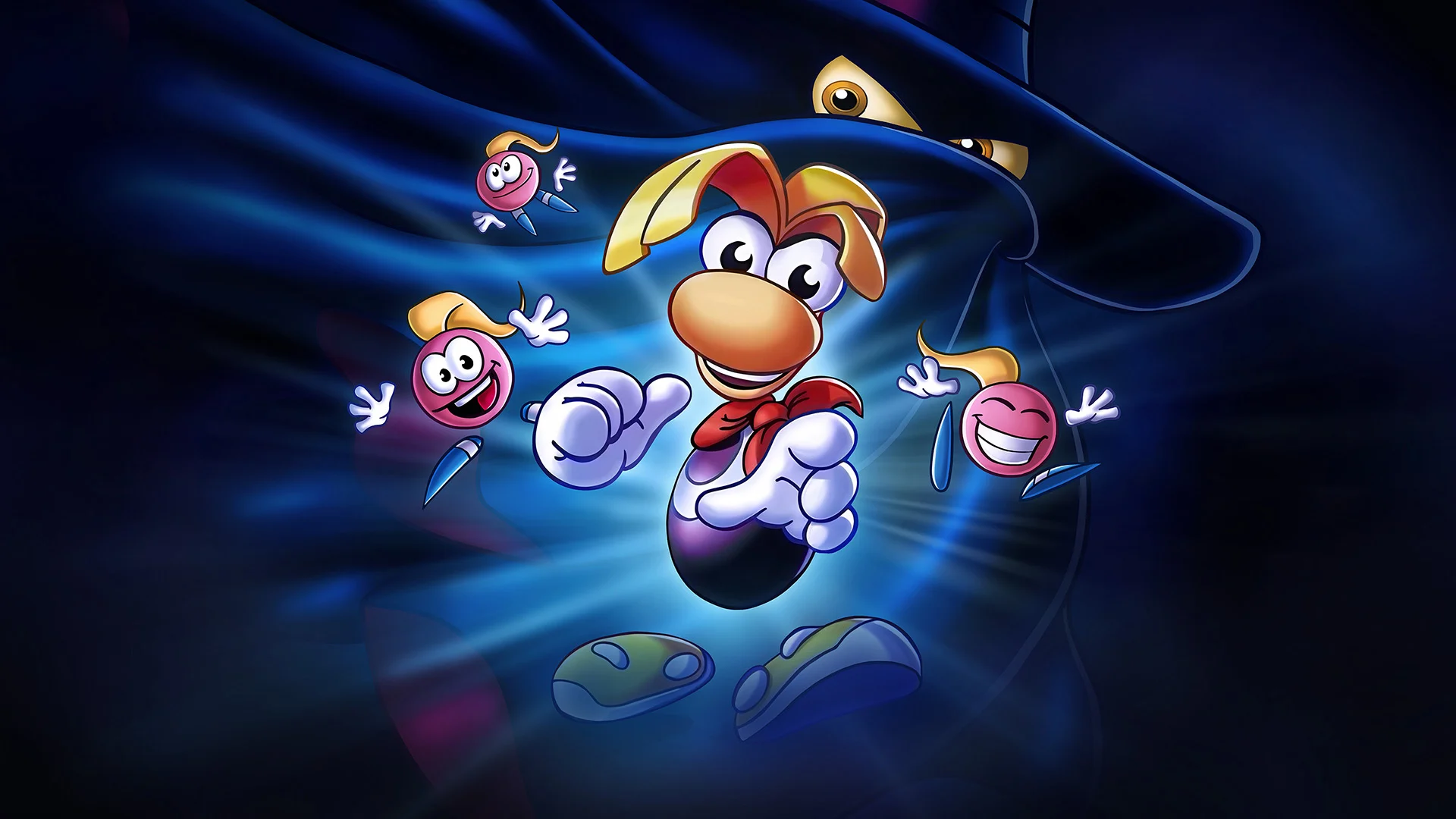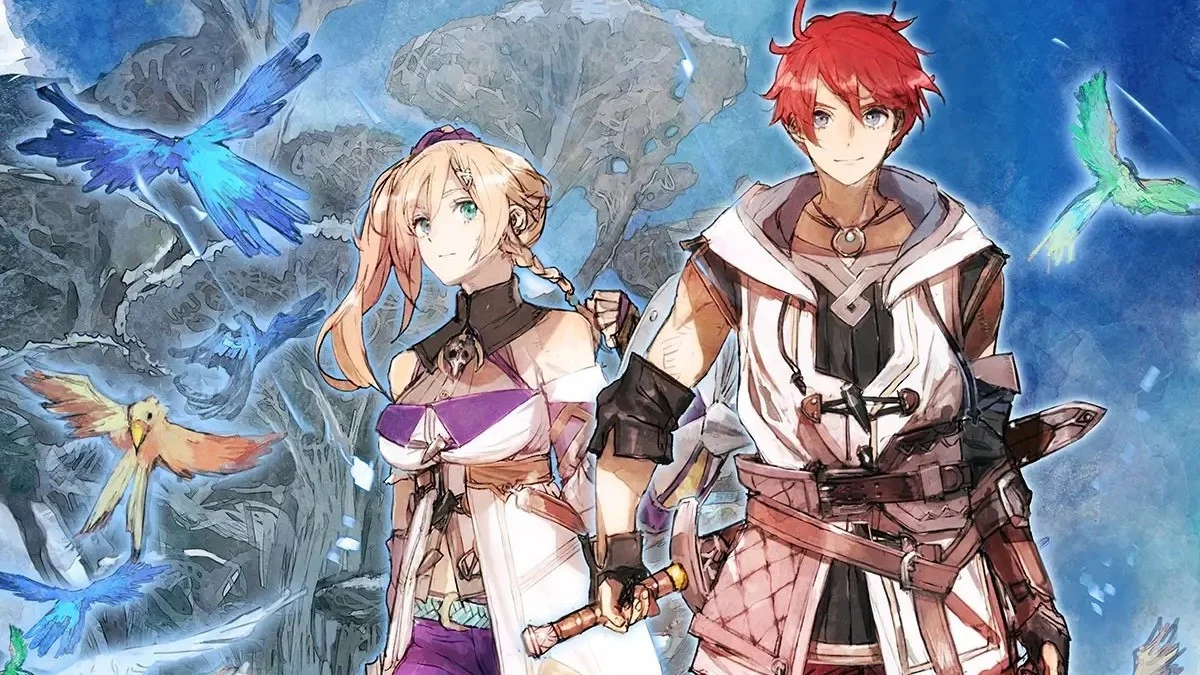If you haven’t heard of Do Not Feed the Monkeys before, allow me to give a brief introduction. The original Do Not Feed the Monkeys was released back in 2018, developed by Fictiorama Studios. Conceived of as what they termed a “voyeur simulator”, you play as a member of the Primate Observation Club; a shadowy group who has installed video cameras around the world which covertly watch people 24/7.
Membership of this club means you need to continually purchase more and more viewing screens, so you are concurrently watching more and more cameras at once. At the same time, you also need to make various notes and observations about the people and activities happening on screen, which will award you money for successful missions. Likewise you also need to manage your food and tiredness, meaning there are a myriad of plates which need to be kept spinning at once.
Do Not Feed the Monkeys 2099 takes all of this a century into the future, giving you the same tasks and requirements as before. You are again a new inductee into the Primate Observation Club, and again need to continually buy new cameras, keep watching and studying the occupants, while also looking after your finances, food and fatigue. But as well as this, you also can browse the vaguely dystopic world of the future, filled with various technical wizardry, such as a planet-wide artificial intelligence which runs everything in lieu of an actual government.
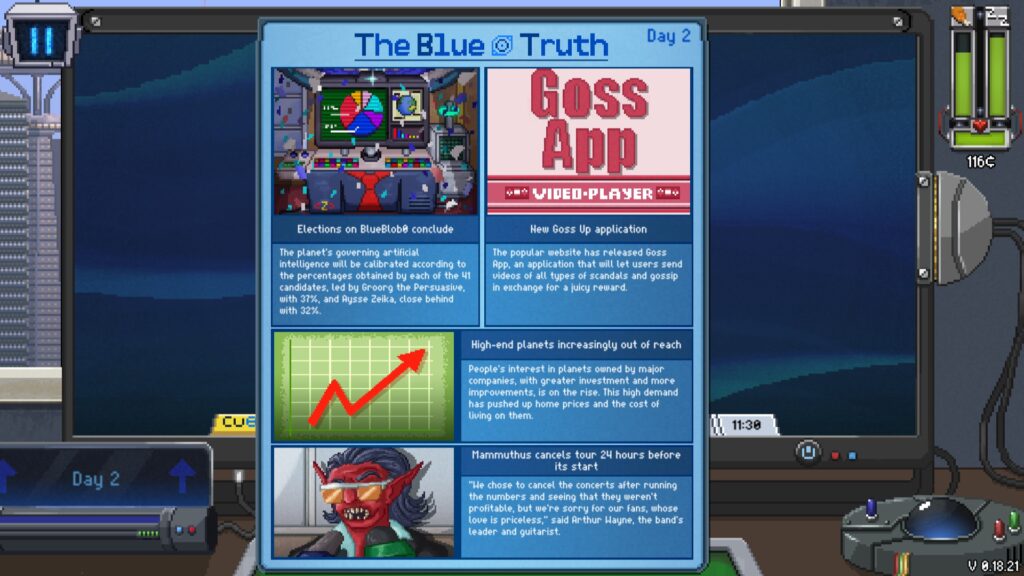
Both of these games are what might be called “micromanagement simulators”, similar to the skills you needed to master in something like Papers, Please. You’re given a lot of tasks and ticking timers to manage, and then have to continually juggle them like some kind of elaborate balancing act. Only very briefly, during conversations and other interactions can you take a breath, as time momentarily pauses.
Do Not Feed the Monkeys 2099 certainly very quickly ups the complexity from the first game, even though the overall structure is the same. There is a stock market to invest in, fast food outlets to buy from, various different jobs to attend, different groceries to acquire, an online shop to buy upgrades and other items from. Some of these things can indirectly help you, while others are purely cosmetic.
At the same time, you still get your missions about watching the people on the cameras, requiring you to click on the yellow text which appears when you hover over certain interactions or items, in order to add them to your log. These you can then enter into an in-game web search, to try and find related results for the people under your observation. The missions might require you to provide certain information which is only obtainable via web searches, and so you need to make sure you have the correct words saved to your log in order to perform the necessary searches.
Unfortunately, while a lot of the game has plenty of style and charm, it cannot mask that the core gameplay loop is essentially mindless busywork; continually topping up various metrics, such as your food, stamina and income, while jumping between various screens and occasionally watching what’s happening on the monitors.
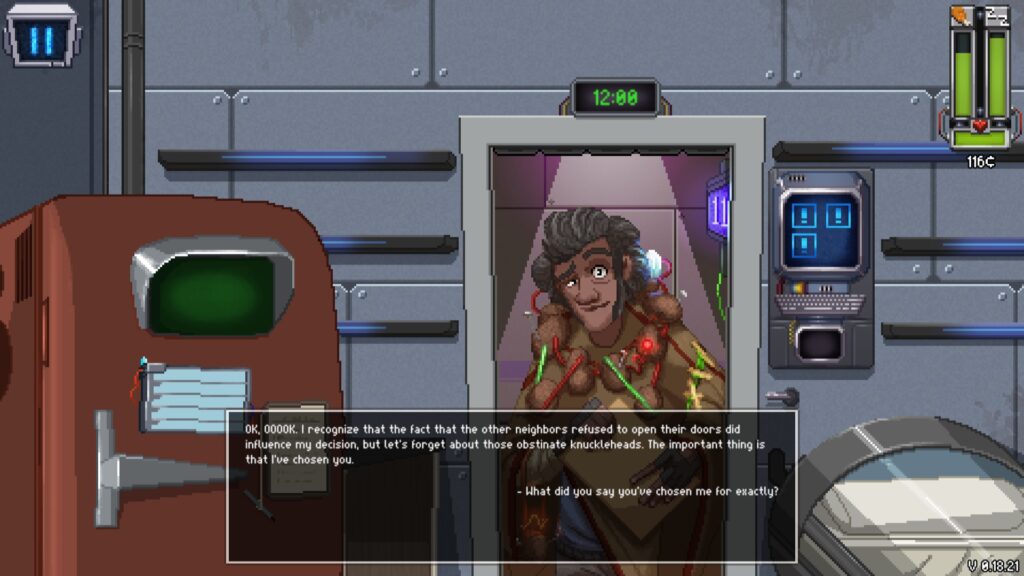
A lack of voice acting means I didn’t feel very connected to the subjects I was being a voyeur to, and the static positioning of the cameras and the repetitiveness of what goes on in a lot of them makes it difficult to stay engaged. There is occasional satire here about the nature of humdrum work life and how capitalism is just constantly draining on ordinary people, but it’s very much pushed into the background.
Graphically the pixel art is pretty nice and a lot of effort clearly went into giving the various characters who might show up at your apartment door some kind of background flavour, such as a man dressed in what appeared to be potatoes. Some of the writing is fairly funny, and if you allow yourself to pause to read some of the flavour text (if you can find any time between the various tasks you’re always having to perform) it might elicit a chuckle or two.
If you were a fan of the original Do Not Feed the Monkeys, you’re likely to get the most out of 2099, acting as it does more as an expandalone rather than a traditional sequel. For new players though, you’re better going and trying the original game first, before jumping into 2099. Ultimately for a sequel, it skews too close to simply redoing the original game over again but in a futuristic setting, rather than properly evolving on the gameplay and trying new things.

